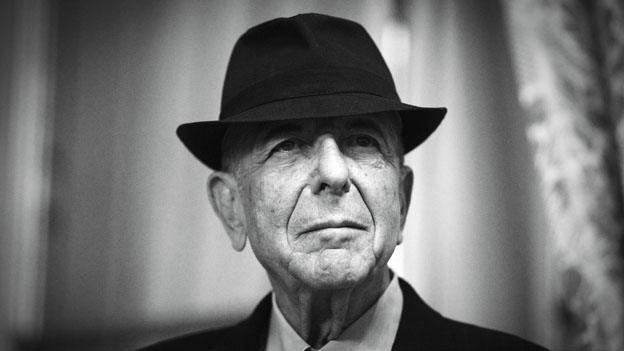Six of the best Leonard Cohen covers
- Published
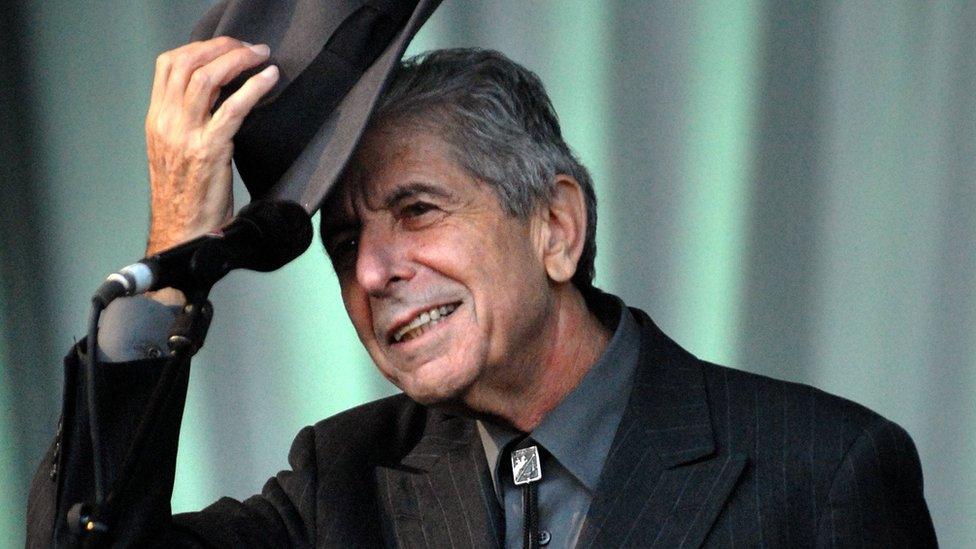
Leonard Cohen has died at the age of 82
Like many people, I discovered Leonard Cohen through other people's interpretation of his work.
The singer's lugubrious, gravelly delivery was the perfect vehicle for his poetry, but fellow musicians often uncovered melodies and meanings obscured by Cohen's originals.
Some of those covers - notably Jeff Buckley's spine-tingling arrangement of Hallelujah - even became the definitive versions.
Here are six of the best. But be sure to check out the originals, too. As Bob Dylan once said, they're "like prayers".

Nina Simone - Suzanne
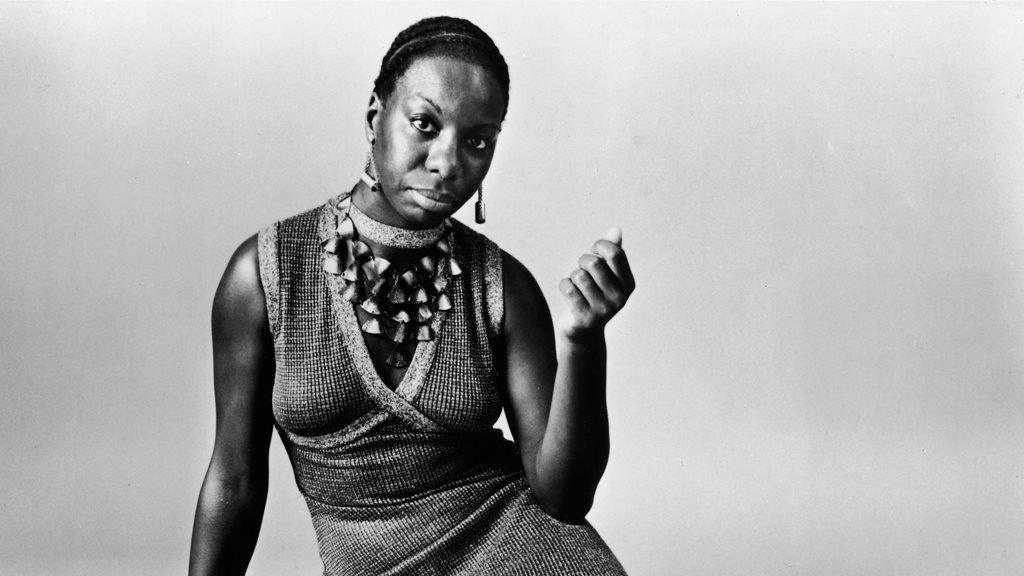
First published as a poem in 1966, Suzanne described Cohen's platonic relationship with Suzanne Verdal, the then-girlfriend of sculptor Armand Vaillancourt. It describes how she would feed him "tea and oranges" while loafing around in Montreal. Although they never became lovers, Cohen makes his feelings clear - describing how he "touched her perfect body" with his mind.
Judy Collins recorded it first, but Nina Simone's earthy, conversational interpretation brings the story to life. When she sings, "Now Suzanne, takes your hand," you can almost hear the sparks fly.

REM - First We Take Manhattan
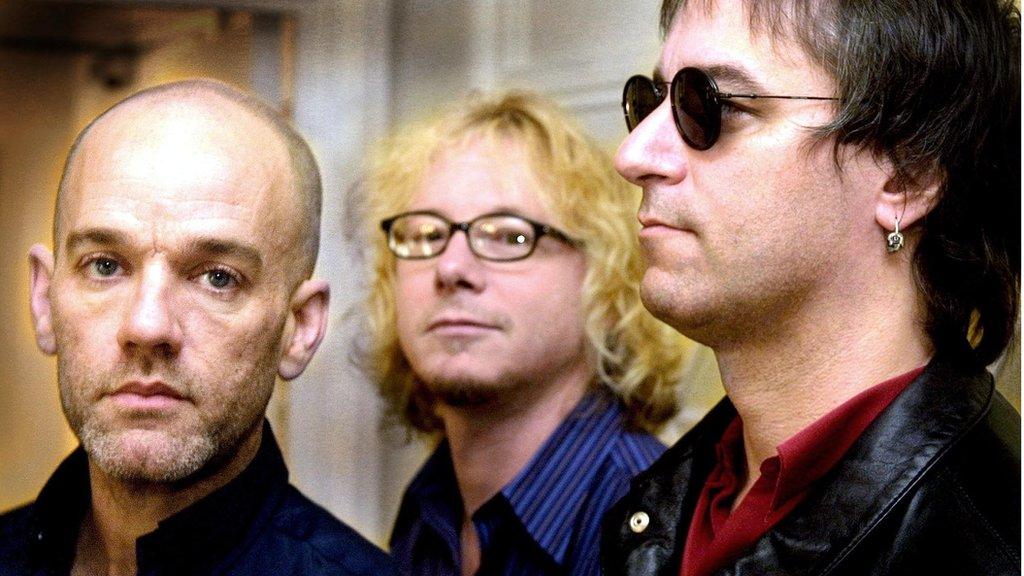
The tinny, 1980s synths and overbearing backing vocals on Leonard Cohen's original version, external of First We Take Manhattan have not aged well. Which is a shame, as the excruciating production masks one of his most disturbing lyrics - "an examination of the mind of the extremist," as he called it.
Thankfully, REM stripped back the song to its basics for their 1991 cover, released in the UK as the b-side to Drive. Michael Stipe sings at the bottom of his register, lending a true menace to the hook: "How many nights I prayed for this, to let my work begin / First we take Manhattan, then we take Berlin."

Lana Del Rey - Chelsea Hotel No. 2
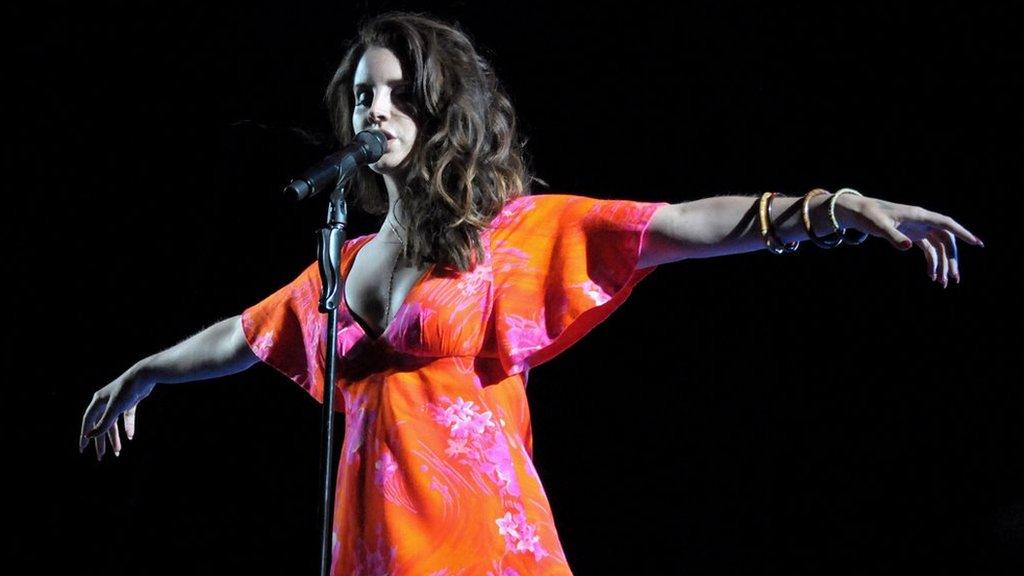
Written on the back of a napkin, Chelsea Hotel No. 2 is Cohen's description of a sexual encounter with Janis Joplin.
"I used to bump into her in the elevator, about three in the morning," he once told an audience in Paris. "She wasn't looking for me. I think she was looking for Kris Kristofferson, somebody taller than me. I was looking for Brigitte Bardot. Anyway, we fell into each other's arms, through some process of elimination."
His depiction of their tryst is unflattering ("You told me again, you preferred handsome men / But for me you would make an exception"), but that makes it perfect fodder for Lana Del Rey, whose languid vocals drawl over the song's seedier details.

Fairport Convention - Bird On the Wire
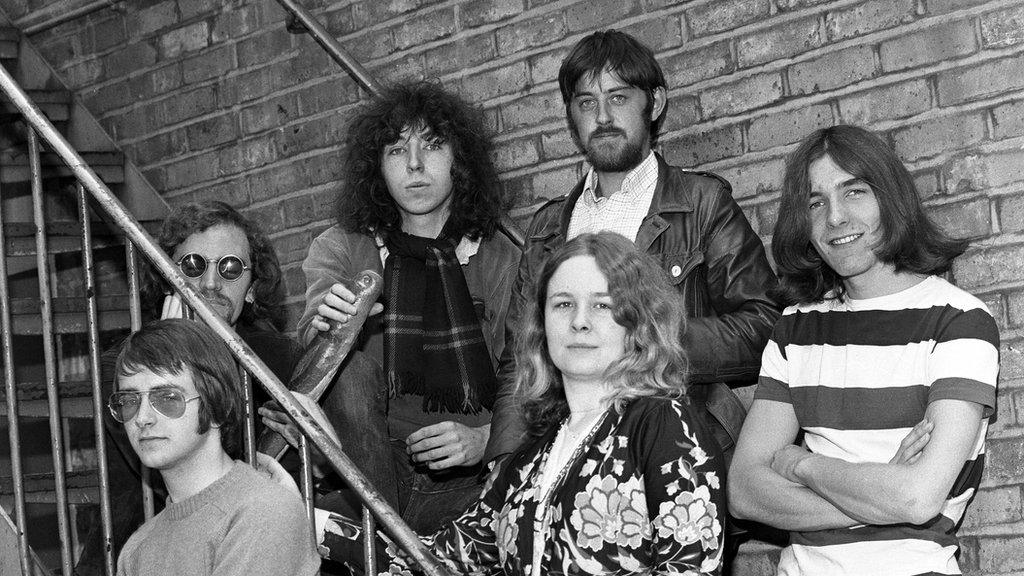
English folk-rockers Fairport Convention were early champions of Cohen, covering several of his songs in the late 1960s. Their version of Bird On The Wire was recorded for Stuart Henry's BBC radio show in December 1968, and officially released on the album Heyday almost 20 years later.
The song was written during a bout of depression when Cohen lived on the Greek island of Hydra. He noticed a bird sitting alone on a telephone wire, and began to compare their situations. Fairport Convention embellish the lyrics with beautiful harmonies, but Sandy Denny's fluttering vocals, in particular, root the song in delicate sorrow.

John Cale and Suzanne Vega - So Long, Marianne
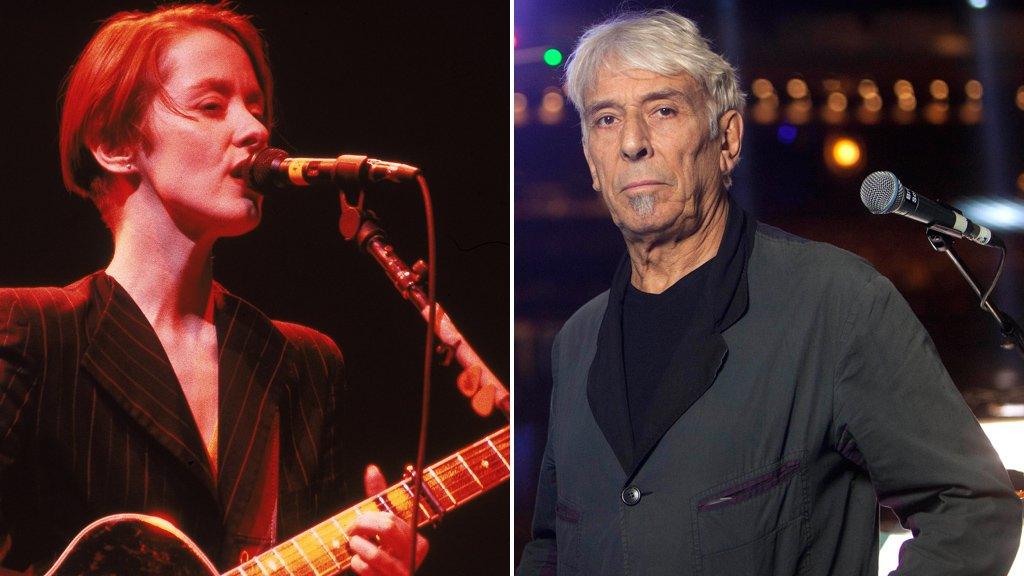
Cohen spent months trying to perfect this song, which was written for his muse, Marianne Jensen, in the 1960s. It features one of his most passionately romantic lyrics, yet it is tinged with sadness.
"Well you know that I love to live with you," he sings, "But you make me forget so very much / I forget to pray for the angels / And then the angels forget to pray for us".
"I didn't think I was saying goodbye," he later said, "but I guess I was".
The original, which appeared on Cohen's debut album, is almost unimpeachable - but Velvet Underground musician John Cale added Suzanne Vega as a co-vocalist on his cover, turning the song into a heartbreaking conversation between two lovers clasping at the connection they once shared.
Cale later covered Hallelujah - his finger-picked guitar arrangement forming the basis for Jeff Buckley's infamous version of the song.

Jeff Buckley - Hallelujah
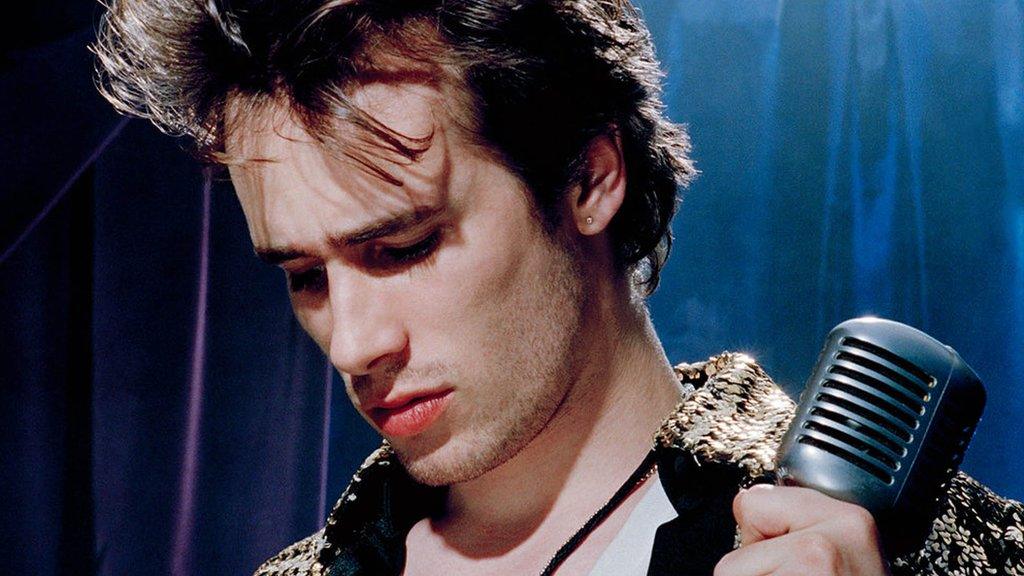
Hallelujah has become such a beloved song, a modern-day hymn, that it's easy to forget it languished in obscurity for more than a decade.
Cohen spent an unusually long time working on the song, drafting more than 80 verses over five years before he was satisfied - but his record label was unimpressed. They initially refused to release the album it came from, 1984's Various Positions, arguing it wouldn't sell.
The song's fortunes started to turn around in 1991, when John Cale asked Cohen's permission to cover it. Cohen faxed over all of those draft verses, and Cale set to work on a new version, trading the gospel choirs and heavy drums for a simple, haunting, piano arpeggio.
It was this arrangement that Jeff Buckley used to cover at his infamous early gigs at New York's Sin-e club. He interpreted the lyric as a homage to "the hallelujah of the orgasm".
Buckley expressed reservations over how Cohen would respond to his erotic take on the song, but his tremulous, fragile recording of the track became the definitive performance. In turn, it inspired Rufus Wainwright's cover - which featured on the soundtrack to Shrek and propelled the song into the mainstream.
Listen to John Cale, external, Jeff Buckley, external and Rufus Wainwright, external's versions of Hallelujah.

Follow us on Twitter @BBCNewsEnts, external, on Instagram at bbcnewsents, external, or if you have a story suggestion email entertainment.news@bbc.co.uk, external.

- Published11 November 2016
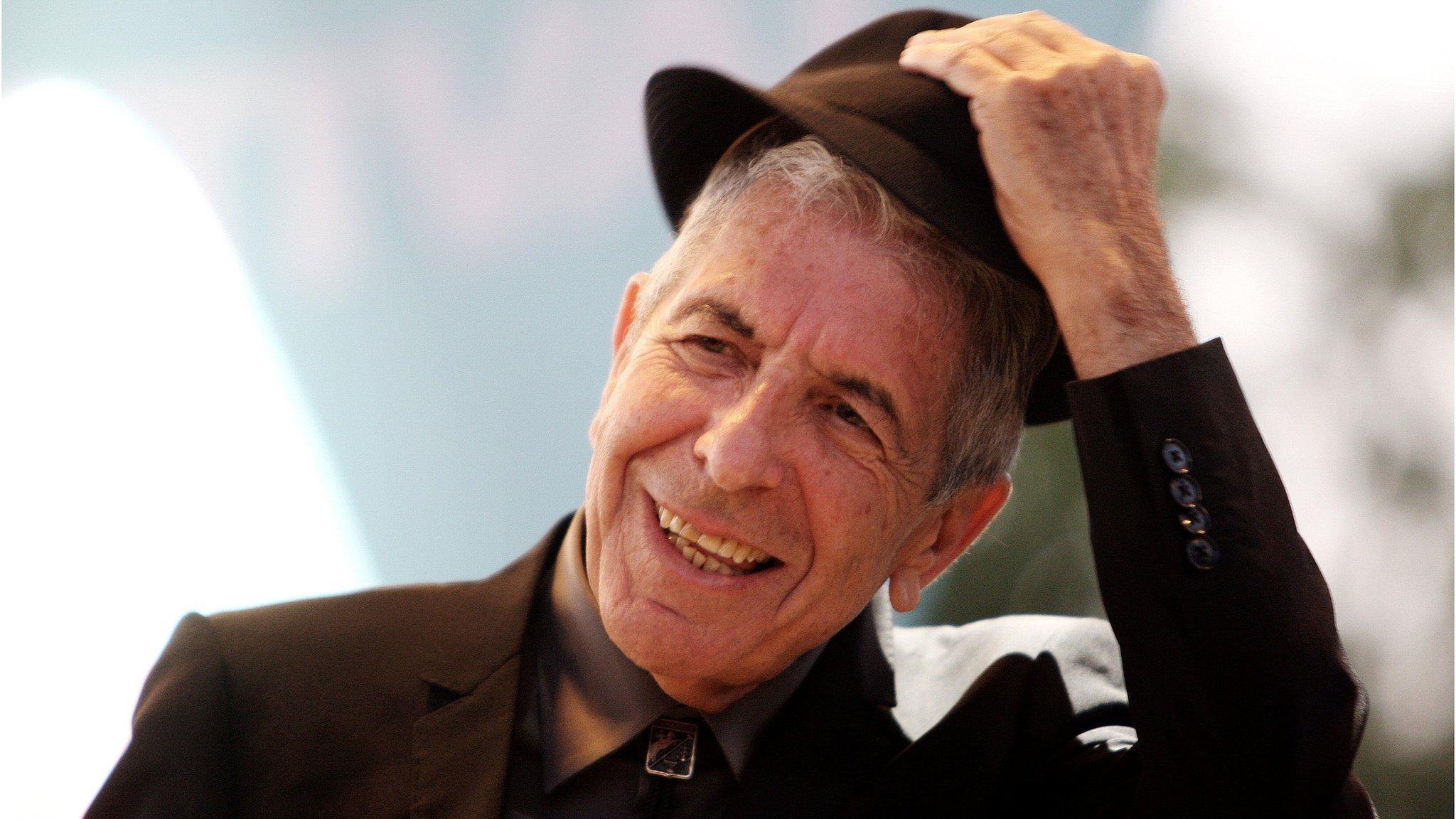
- Published11 November 2016
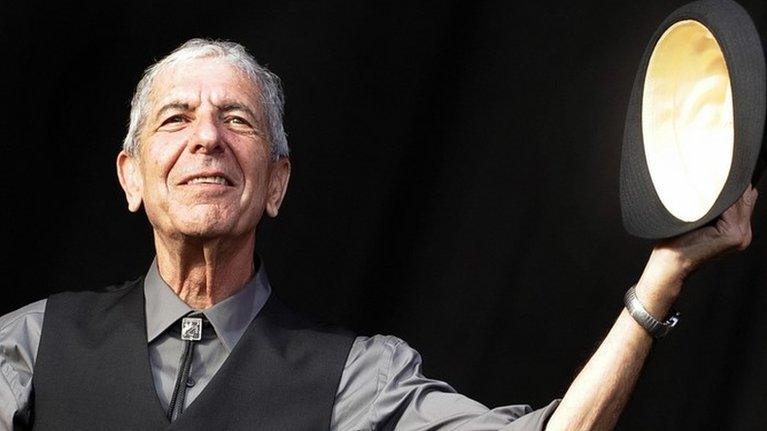
- Published11 November 2016
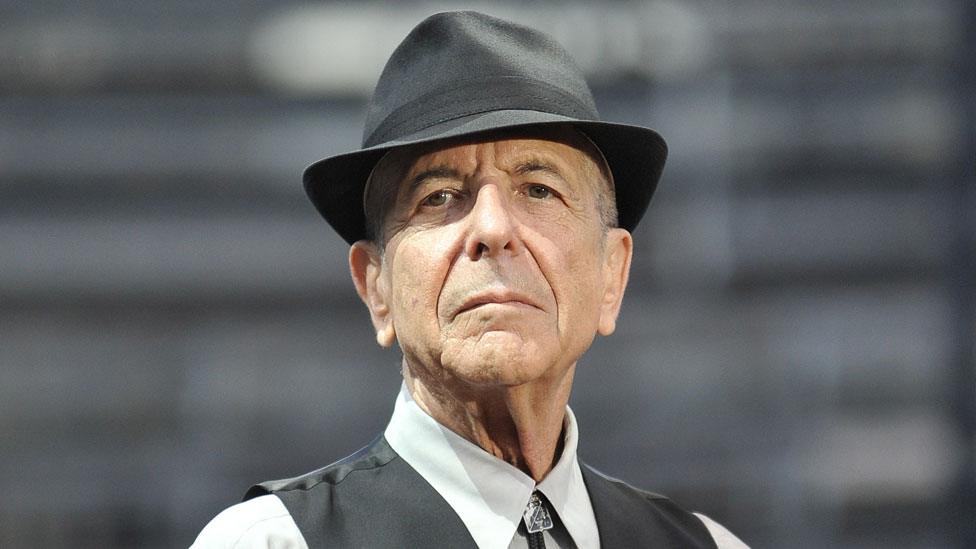
- Published11 November 2016
- Published20 December 2012
